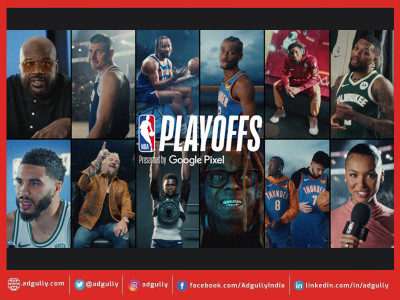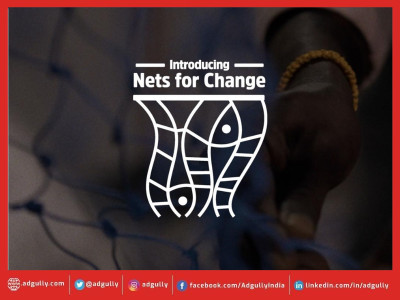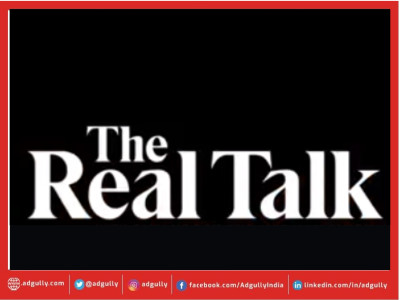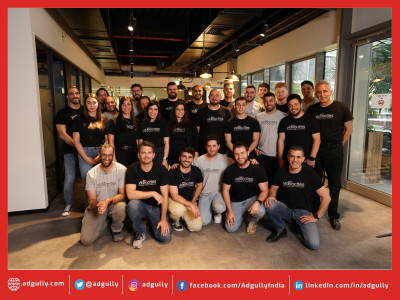Congress must rein in big tech platforms: NAB chief
Las Vegas: Congress must pass legislation to rein in the market power of the big tech platforms, said Curtis LeGeyt, president-CEO of National Association of Broadcasters (NAB), the premier advocacy association for America’s broadcasters.
He was delivering his inaugural State of the Industry address during the 2022 NAB Show.
“That includes the Journalism Competition and Preservation Act, which would level the playing field for broadcasters. This bill would allow us to jointly negotiate the value of our local content that is accessed through these platforms,” he said.
LeGeyt demanded that the Congress must take action to rein in the gatekeeping ability of the Big Tech giants who are stifling the economics of local news. “A 2021 study found that local broadcasters lose an estimated $2 billion annually when our content is accessed through Google and Facebook. $2 billion! But this is not a copyright problem; it’s a market power problem. Broadcasters and all local media rely on these platforms to reach online audiences. We have no other choice. Yet their market dominance allows them to offer us “take it or leave it” compensation terms that significantly devalue our product,” he added.
According to him, a report released last Congress by Senate Commerce Chair Maria Cantwell noted that Google and Facebook control an estimated 77 percent of locally focused digital advertising. Yet, broadcasters still operate under a set of rules that pretend they only compete with one another, he said.
During his recent testimony before the Senate Antitrust Subcommittee, Joel Oxley, general manager of WTOP in Washington, summarized Big Tech’s unfair advantage, LeGeyt said.
He stated: “Consider the big storm that just blew through the Northeast…blizzard conditions. Tons of work at a lot of cost and time for local broadcasters. But not for Facebook, Google and the like. They simply take our coverage, profit from it, and virtually nothing comes back to us. If we don’t find a way to have true partnerships with the big platforms, we will not be around – and neither will our coverage,” he said.
He warned that there is no long-term business model for local news if we don’t fix this existential problem.
“Without broadcasters, lives would have been risked during that storm. And that is not all. A recent study by Brookings shows that Americans are harmed when local news suffers. Inadequate local news has been linked to more government corruption, less-competitive elections, and weaker municipal finances,” LeGeyt stated.
Commending local broadcasters for doing their best work, serving as a constant lifeline during times of emergency, he said: “And here’s the part that impresses me most: you did it in a way that binds our communities together rather than divides them. In the most difficult of circumstances, you were the antidote to social media disinformation and cable news politicization, and I have never been more proud to represent this industry.”
“For years, our critics have tried to write us off as yesterday's technology, predicting a diminished future for broadcasters at the hands of the latest innovation. First it was the advent of television itself, then competition with cable, the VCR, the DVR, social media, and now podcasts and streaming, broadcasters’ demise has been predicted for decades. But here’s the thing. Every single time, real-life events actually brought local broadcasters back to the forefront and demonstrated there is no other medium that can connect and inform the way we do,” he said.
He added that our next generation of technologies includes not only the revolutionary new broadcast standard – ATSC 3.0 – but also other content delivery methods – whether it's 5G, streaming, or mobile video.
“I am also excited by the evolution of radio. Radio in the car is becoming a screen-driven experience. The data capabilities of HD Radio and the connected car give broadcasters powerful new ways to build and extend their listener relationships. Our investment in technology is an investment in localism and the trusted journalism Americans rely on every day,” he added.
“And as we are making that investment, I am here to tell you that NAB is working with policymakers in our nation’s capital to ensure they do their part to protect broadcasters’ ability to innovate and grow our uniquely free service. To that end, I want to briefly outline four areas where policymakers must focus to ensure that broadcasters can continue to compete and thrive in today's environment.”
He demanded that lawmakers and regulators must modernise media ownership laws to reflect the realities of the marketplace.
“We are adapting our business models and our content to match today’s rapidly changing media landscape. But outdated laws force us to compete with one arm tied behind our back for advertising dollars and audience. Congress and the FCC must take a fresh look at whether these decades-old regulations are helping or impeding broadcast competition and media diversity,” he said.
“Third, as I look forward to discussing with Chairwoman Rosenworcel in a few minutes, we are urging the FCC to reorient how it thinks about broadcast policy more broadly. One hundred years ago, Congress established a system in which broadcast stations were licensed to provide a free service to local communities in the public interest. Broadcasters take these public interest obligations seriously and go far above and beyond in serving their listeners and viewers every day. But to fulfill Congress’s vision, it is imperative that the FCC recognize that the broadcast industry’s ability to function in the public interest is fundamentally premised on its economic viability. This means the Commission must consider whether each existing and new regulation will help or impede broadcasters’ ability to thrive in a media environment dominated by other services. It means embracing the tremendous consumer benefits of ATSC 3.0 and adopting policies that enable its growth to the benefit of localism and trusted journalism,” he said.
















Share
Facebook
YouTube
Tweet
Twitter
LinkedIn